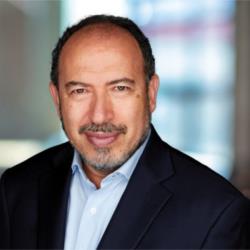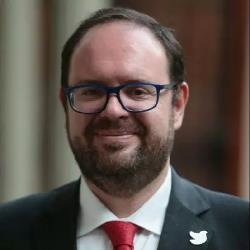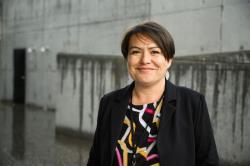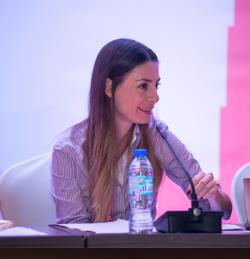Multilingualism in the Digital Age: Inclusive Strategies on Cultural Diversity for a People-Centered Information Society
UNESCO
Session 372
This session will highlight the importance of multilingualism and cultural expressions in the digital environment, building on the UNESCO 2003 Recommendation concerning the Promotion and Use of Multilingualism and Universal Access to Cyberspace, the 2005 Convention on the Protection and Promotion of the Diversity of Cultural Expressions, and the 2022 Ministerial MONDIACULT Declaration. The session will also present the development of the UNESCO Roadmap on Language Technologies and Multilingualism as a strategic framework to promote inclusive digital ecosystems through AI and digital tools. Participants will explore how ethical data governance, inclusive digital policies, and equitable access to language technologies can support linguistic diversity and empower communities to shape their digital futures.







-
 C8. Cultural diversity and identity, linguistic diversity and local content
C8. Cultural diversity and identity, linguistic diversity and local content
The session directly supports WSIS Action Line C8 on “Cultural diversity and identity, linguistic diversity and local content” by advancing multilingualism as a foundation for inclusive digital societies. It builds on the principles of the WSIS framework, the UNESCO 2003 Recommendation, the 2005 Convention on the Protection and Promotion of the Diversity of Cultural Expressions, and the Global Action Plan of the International Decade of Indigenous Languages (IDIL 2022–2032), aiming to address systemic barriers faced by Indigenous and low-resourced language communities. By promoting ethical data governance, equitable access to language technologies, and inclusive digital policies, the session reinforces the importance of linguistic diversity in cyberspace. It also contributes to the development of the UNESCO Roadmap on Language Technologies and Multilingualism, and aligns with Sustainable Development Goals 4, 9, 11, and 16, ensuring that the WSIS process remains responsive to the cultural and linguistic realities of diverse communities.
-
 Goal 4: Ensure inclusive and equitable quality education and promote lifelong learning opportunities for all
Goal 4: Ensure inclusive and equitable quality education and promote lifelong learning opportunities for all
-
 Goal 10: Reduce inequality within and among countries
Goal 10: Reduce inequality within and among countries
-
 Goal 16: Promote just, peaceful and inclusive societies
Goal 16: Promote just, peaceful and inclusive societies
- Objective 1: Close all digital divides and accelerate progress across the Sustainable Development Goals
- Objective 2: Expand inclusion in and benefits from the digital economy for all
- Objective 3: Foster an inclusive, open, safe and secure digital space that respects, protects and promotes human rights
- Objective 5: Enhance international governance of artificial intelligence for the benefit of humanity
Call for Contributions: UNESCO's Global Roadmap for Multilingualism in the Digital Era https://www.unesco.org/en/articles/call-contributions-global-roadmap-multilingualism-digital-era